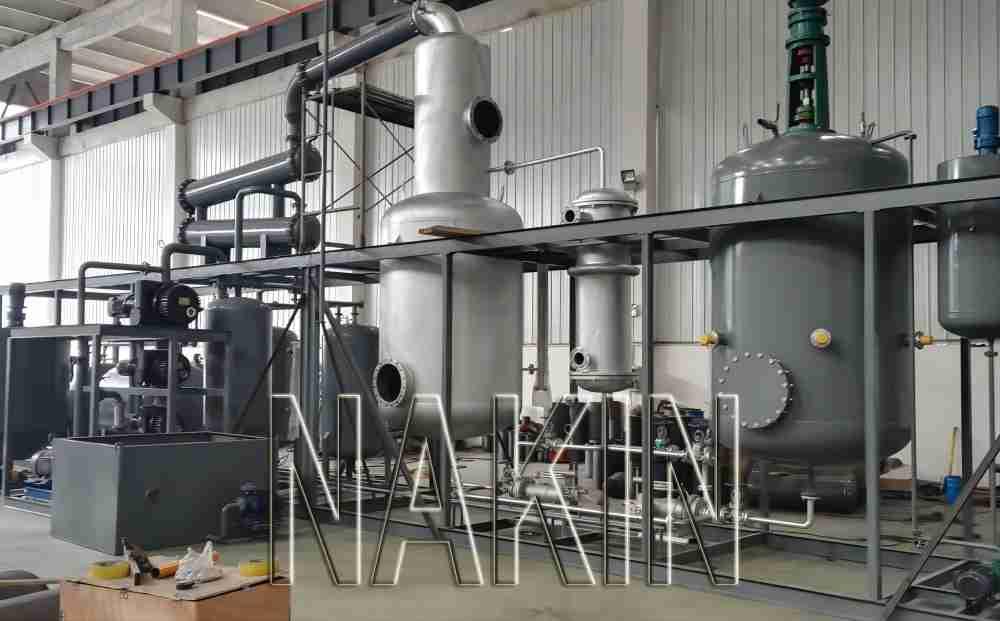Lube oil blending plants are the industrial alchemists behind the smooth operation of countless engines. These facilities take base oils, additives, and a dash of scientific know-how to concoct the perfect lubricants for cars, motorcycles, machinery, and more. Let's delve into the fascinating world of lube oil blending, exploring the key steps and technologies involved in this crucial process.
Step 1: Base Oil Storage and Handling
The journey begins with base oils, the primary ingredients for any lubricant. These oils, derived from crude oil refining, arrive at the plant in large storage tanks. Sophisticated pumps and piping systems ensure safe and efficient transfer of these viscous liquids throughout the facility.
Step 2: Precise Blending:
The heart of the plant lies in the blending room, where base oils are meticulously combined with specific additives according to precise formulas. These formulas, developed by lubricant engineers, determine the final properties of the oil, tailoring it for its intended application. High-tech blenders equipped with accurate measuring systems ensure the perfect proportions of each component.
Step 3: Adding the Magic Touch - Additives:
Additives are the secret ingredients that elevate a base oil into a high-performance lubricant. These include:
- Viscosity modifiers:Maintain oil consistency across a wide range of temperatures.
- Antioxidants:Prevent oil degradation and extend its lifespan.
- Friction modifiers:Reduce friction between engine parts for improved efficiency and fuel economy.
- Detergents and dispersants:Keep engine parts clean by preventing sludge and varnish buildup.
- Pour point depressants:Maintain oil flow at low temperatures for easy engine starting.
Each additive is carefully weighed and measured before being added to the blend, ensuring the final product delivers the desired performance characteristics.
Step 4: Quality Control - Ensuring Top-Notch Lubricants
Before reaching your car's crankcase, the blended oil undergoes rigorous quality control checks. Samples are tested for viscosity, flash point, pour point, and other critical parameters to ensure they meet industry standards and the intended performance specifications.
Step 5: Packaging and Distribution:
Finally, the approved lubricant is packaged into containers ranging from individual bottles to large drums and bulk tankers. These are then distributed to various channels, including auto parts stores, car dealerships, and industrial facilities, ready to keep engines running smoothly for miles to come.
Lube Oil Blending: A Crucial Cog in the Machine
Lube oil blending plants play a vital role in ensuring the smooth operation of countless engines across various industries. By precisely blending base oils with performance-enhancing additives, these facilities contribute to fuel efficiency, reduced emissions, and extended engine life. As technology advances, lube oil blending is also evolving, with a focus on sustainable practices, bio-based lubricants, and energy-efficient processes. So, the next time you change your car's oil, remember the intricate journey it took at the lube oil blending plant, where science and engineering join forces to keep the wheels of our world turning smoothly.
I hope this information, along with the images, provides a comprehensive overview of Lube Oil Blending Plants. If you have any further questions or would like to explore specific aspects in more detail, please feel free to ask!

